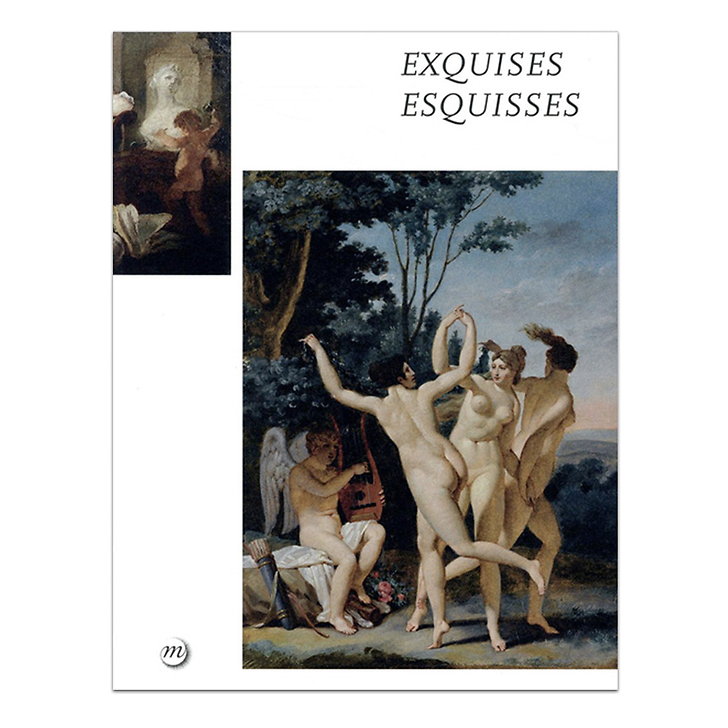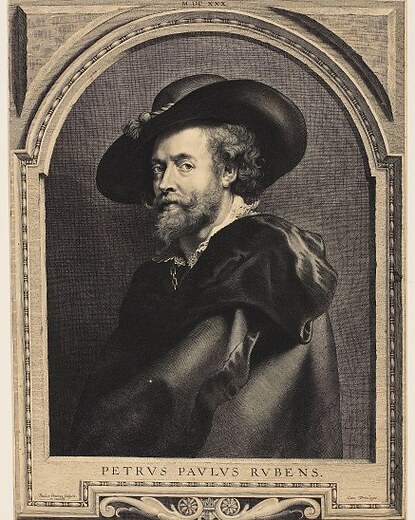Peter Paul Rubens (1577-1640) was born in Westphalia to settle in Cologne where his family of Antwerp origin fled religious persecutions. He was taught painting from the age of 13 years. In 1598, he joined the country at the forefront of the fine arts: Italy. Conquered by the splendors of the Renaissance, he reconciles his various sources of inspiration in a style that represents the apogee of European Baroque. Until 1608, he will be in the service of the Duke de Mantoue while immersing himself among the great before eventually returning to Antwerp. He makes beautiful paintings such as "The Adoration of the Magi". But the most famous representative of the Flemish Baroque continues to travel across Europe for diplomacy missions, always producing masterpieces such as the "Judgment of Paris" or the "Three Graces".





